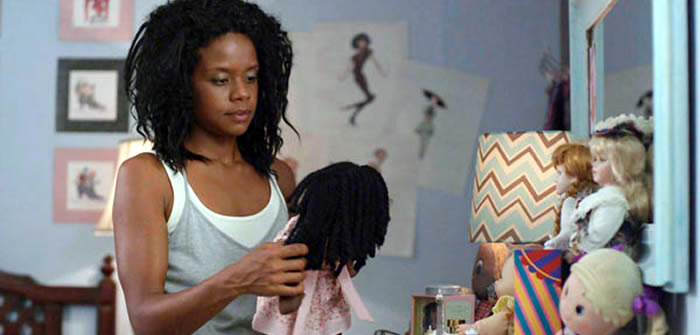The African Diaspora International Film Festival (ADIFF) marks another milestone with its 25th annual feast of films celebrating the world of images that depict the human experience of people of color worldwide.
These Black communities are in Europe, Latin American, Africa as well as North America. Festival directors Reinaldo B. Spech and Diarah N’ Daw-Spech agree that, “Many creative and visionary films lay languid, collecting dust without the light of a screening due to the lack of distribution structures or movie theaters in the hands of more sensitive programmers.”
This year’s festival of 64 narrative and documentaries from 31 countries — 31 World, United States and New York Premieres — includes a healthy selection of films that highlight the Caribbean.
The Thursday, Nov. 30 gala will screen “Barrow — Freedom Fighter,” the story of the man who successfully led Barbados to Independence in 1966, after 300 years as a British Colony. This docudrama’s story is about the man who preached economic self-reliance and self-respect to the people of his country.
Another film highlighting Barbados is “Sweet Bottom,” by professor Gladstone Yearwood, a deportation drama about Roy Ashby who immigrated with his mother as a child to Brooklyn from Barbados and was deported for a minor offence back to Barbados as an adult.
“Panomundo Part 1: The Evolution of the Steel Pan,” with a Q&A, is a feature length documentary in two parts about the history, origins in Trinidad and Tobago, and the global influence of steelpan, also screening on Dec. 5.
Another Trinidad and Tobago documentary is “Every Cook Can Govern: Documenting the Life, Impact & Works of CLR James.”
Highlighting Jamaica are: “Jamaica The First Rasta,” a film that celebrates the life of Leonard Percival Howell (1893- 1981), creator of the Rasta Movement; and “Kingston Crossroad,” Jamaica’s current social and political situation.
Filmmaker Mariette Monpierre, born in Guadeloupe, premieres “Caribbean Girl NYC” and “Between 2 Shores from Santo Domingo to Pointe-a-Pitre,” about two women who immigrated illegally from Santo Domingo to live in Guadeloupe leaving their children behind, on Saturday, Dec. 9 during a gala screening at MIST Harlem.
Other Caribbean films include: from Puerto Rico, “Angelica,” about racial identity; from Cuba, “Transit Havana-New Heroes of the Cuban Revolution,” the paradoxes and an island in transition; and about Haiti, a dark comedy and thriller / satire, “Kafou.”
Afro/Black Latino stories are rare in the context of Latin-American cinema and also explored at this festival include “Rosa Chumbe,” about an indigenous woman in modern Lima. This film is Peru’s submission to the Oscar in the Best Foreign Language Film category.
In the film “The Invisible Color: Black is More than a Color,” Afro / Black Cubans speak about their human experience as Blacks in America. Also screening in the Afro Latino Program is “The Valley of the Black Descendants,” about Black Chileans who have been in Chile for some time with and their fight for acknowledgement and official recognition.
Additionally, the encore screening of “Gurumbe; Afro-Andalusian Memories” is crowned by a theatrical release at Cinema Village starting Dec 1 and a special screening of the film at Teachers College with the director and a live Flamenco performance.
The ADIFF runs from Nov. 24 to Dec. 10 and screenings are at Teacher’s College, Cinema Village and MIST in Harlem. See their website www.NYADIFF.org for a complete listing of films, times, venues, panels and special events.
Source: Caribbean Life

